
The road to resilient food systems is not without its obstacles. A changing climate often complicates harvests. Natural disasters flood fields and damage yields. And, sometimes, a novel pathogen triggers a once-in-a-century pandemic, battering supply chains and forcing agricultural workers to stay home.
Heifer understands working toward a world free of poverty and hunger means planning now for an unpredictable future. For lasting change, we’re thinking big by working local, improving the collective power of smallholder farmers through technical training and business support, and by developing sturdy market systems at the community level.
This requires investing — in local farmers and their communities, the infrastructure they use and the systems in place that enable the most vulnerable to earn a Sustainable Living Income, generating wealth to lift themselves out of poverty.
And the stakes are high: Efficient market systems and fair prices give farmers the purchasing power to keep nutritious food on the table and roofs above their heads. Investing in infrastructure across our projects in Asia, Africa and the Americas paves the way forward for farmers’ success.
Here’s some of what that looks like on the ground:
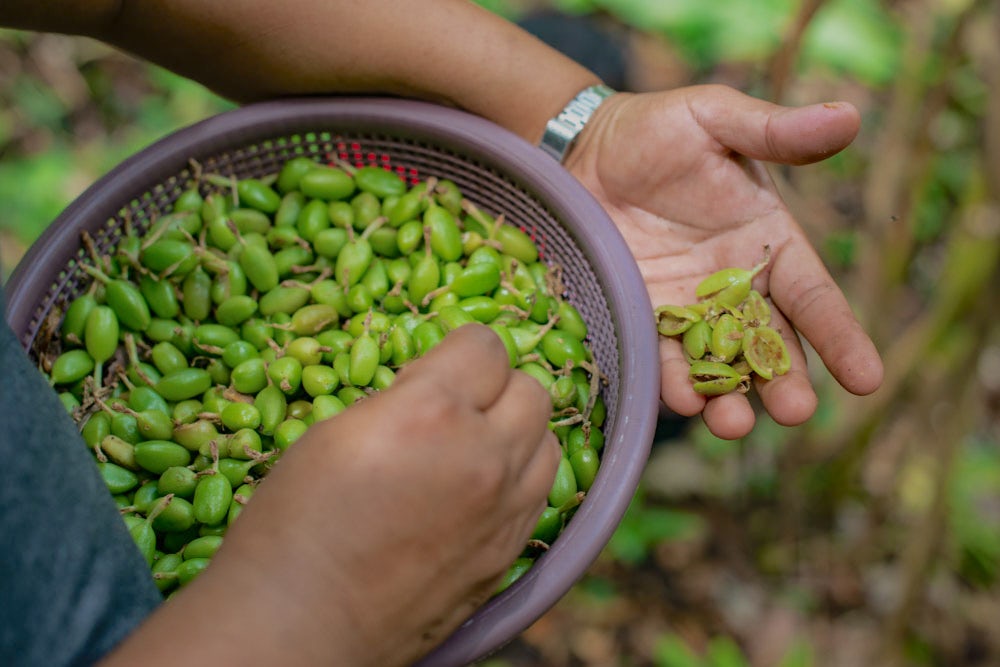
Heifer's private investment entity Heifer Impact Capital invested in new spice company Nueva Kerala in Guatemala. The company buys, processes and distributes spices grown by farmers in the department of Alta Verapaz, and sells those spices — cardamom, cinnamon, allspice and black pepper — directly to importers.
It’s a critical intervention that cuts out middlemen and shortens an otherwise long value chain in which farmers typically earn only a fraction of the amount buyers do. Connecting smallholder spice producers with big industry players increases the leverage farmers have in market negotiations, snagging them more equitable portions of the profits.
“A company like this … has the potential to have so much impact for farmers,” said Suzanne Munson, Heifer’s director of global partnerships and alliances, indicating that Nueva Kerala is poised to transform market dynamics in Guatemala and beyond.
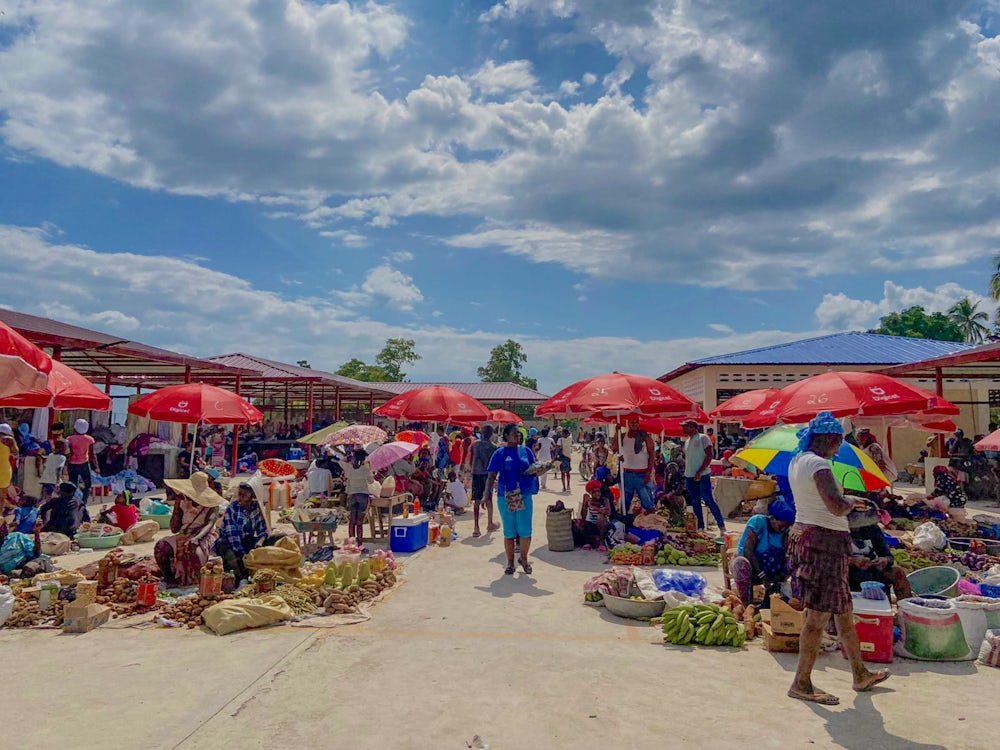
In Anse-à-Pitres, a municipality on Haiti’s southeastern edge, underproduction frequently plagues smallholder farmers because they lack a local market; most travel to neighboring Dominican Republic to sell their produce and don’t earn enough to maximize their production potential.
Together with municipal authorities, and despite a devasting earthquake and ongoing sociopolitical challenges, Heifer Haiti opened an outdoor marketplace in October 2021 to increase farmer incomes and keep Haitian money in Haiti.
The market is set to become a platform for 174 full-time small vendors. It’s a substantial investment, said Hervil Cherubin, country director of Heifer Haiti, who estimates the marketplace will keep $90,000 in the community per week.
“The most important thing about it is the economic impact we’re going to have,” he said. “With this market we’re going to increase the annual income of farmers substantially.”
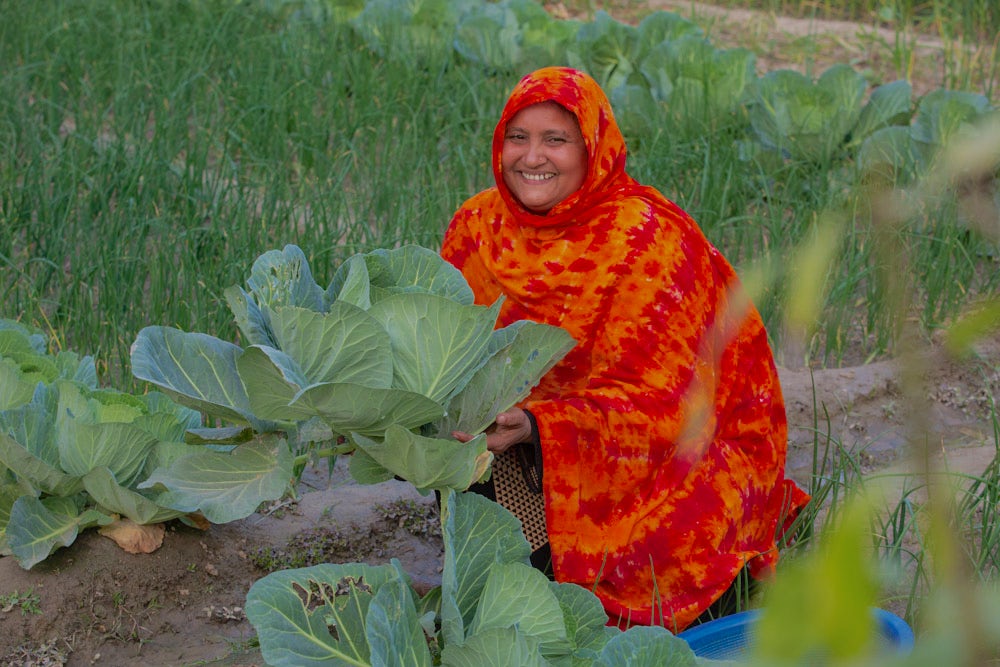
When the pandemic shuttered local markets, the Akota Women’s Cooperative, an agricultural cooperative in the Rajshahi district of Bangladesh, pivoted to selling their mangoes online. Now, with Heifer’s support, they’re taking their agribusiness a step further by constructing an over 7,000-square-foot warehouse in the community.
The facility will serve as an aggregation and market site for farmers’ livestock and agricultural products, including goat, poultry, fruit and vegetables. And it will include an input shop where farmers can access seeds and livestock vaccines, as well as a hub to facilitate relationships with other members of the value chain.
“The local traders, market actors and large private sector [players] will all get safe and quality products from one place,” said Subrata Chowdhury, senior program manager for Heifer Bangladesh.
It’s an investment with ambitions to scale: Heifer Bangladesh is supporting another nine cooperatives building warehouses for similar purposes, aiding the construction logistics and partly bearing the cost of purchased vehicles.
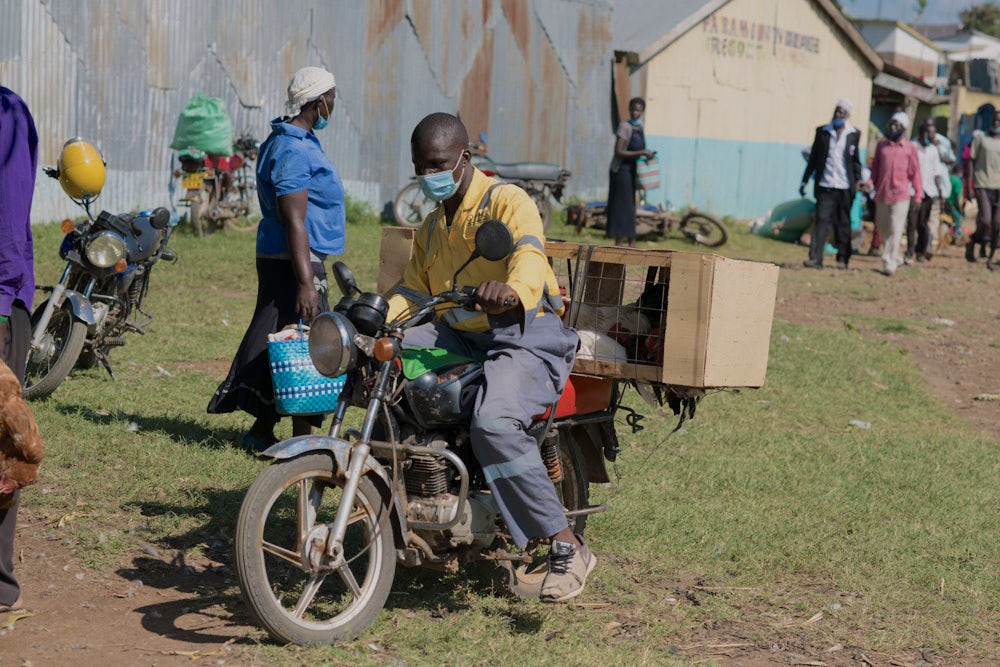
Heifer and Cargill’s Hatching Hope Kenya program equips local farmers with the skills and support to safely rear healthy birds for income, and tackles hunger by promoting eggs and chickens as affordable sources of nutrition for families who lack dietary diversity.
Heifer is also closing the gap between farmers and markets by constructing aggregation centers for two of the project’s agricultural cooperatives. Located strategically in the member farmers’ communities, the centers will act as easy-to-access sites where the quality of birds and eggs is assessed before being transported to buyers.
To improve recordkeeping and to move products more easily to market, Heifer also donated a desktop computer and motorbike to each cooperative.
“The aggregation centers are a game-changer,” said David Mac’Olonde, chairman of the Kago Agribusiness Cooperative, one of the cooperatives set to operate the centers. “We see it as [a] super poultry market where a buyer can walk in, pick and leave with birds.”
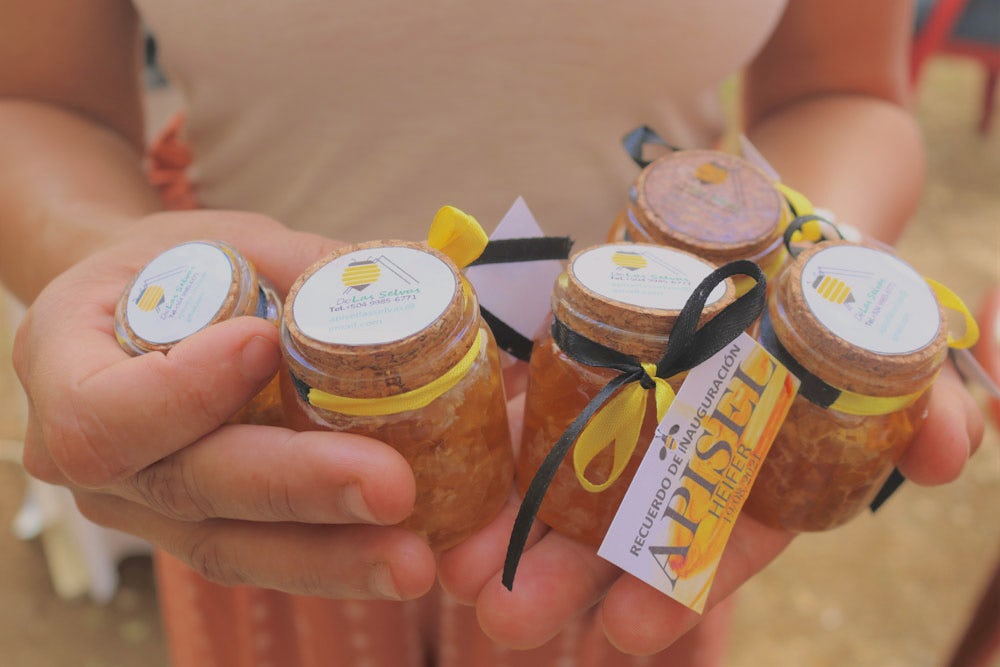
In the rural community of Las Selvas, in eastern Honduras, a new processing plant built with support from Heifer is elevating production for local beekeepers in an area where most earn below the $4,000 yearly income needed to afford adequate food, clean water, health care and education.
Set to serve the Las Selvas Beekeeping Association (APISEL), a membership group of 18 local beekeeping families, the plant opens the doors for honey producers to scale their businesses and increase their incomes, while creating local jobs.
“Before, people didn’t even know where Las Selvas was,” said Diana Moncada, marketing coordinator for APISEL. “Now everyone knows that there is a honey processing plant here and they see this as a great opportunity for all members of the community.”